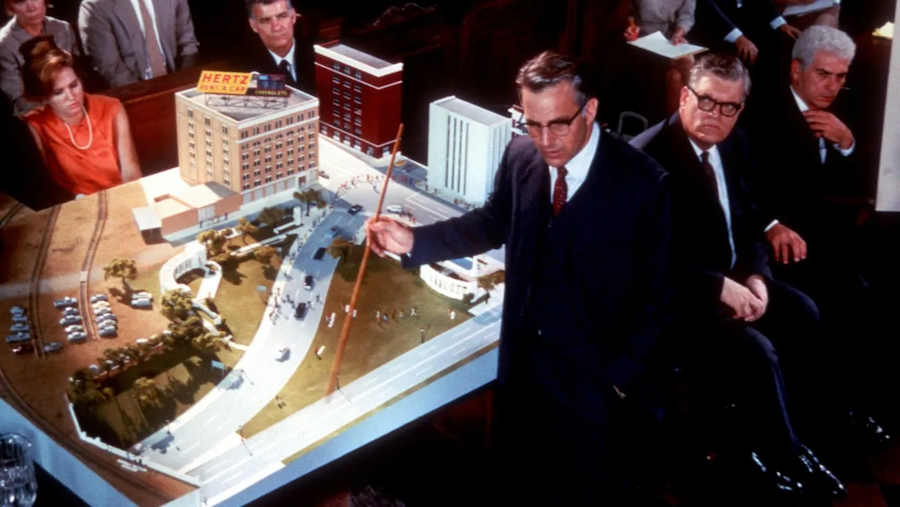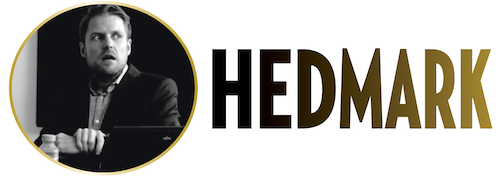
HE’S A DISTRICT ATTORNEY. HE WILL RISK HIS LIFE, THE LIVES OF HIS FAMILY, EVERYTHING HE HOLDS DEAR FOR THE ONE THING HE HOLDS SACRED… THE TRUTH.

Some time after the premiere of Oliver Stone’s JFK, Roger Ebert ran into Walter Cronkite and received a “tongue-lashing” for having praised the film. In Cronkite’s view, it was full of distortions and every journalist who said anything good about the film should be ashamed. Ebert disagreed. A film critic’s job is to judge a film as a whole. As he writes, “fact belongs in print, films are about emotions”. JFK stands as perhaps the most prominent example of a film that plays fast and loose with facts but deserves to get away with it.
A nation in shock
President John F. Kennedy is assassinated on November 22, 1963. The nation is in shock and New Orleans District Attorney Jim Garrison (Kevin Costner) decides to help the investigation by looking into possible New Orleans ties to the murder, including the bizarre and mysterious David Ferrie (Joe Pesci). However, nothing comes out of it and Garrison closes the investigation shortly after the murder of Lee Harvey Oswald (Gary Oldman), the man identified as Kennedy’s murderer.
In 1967, Garrison opens the investigation again; he’s never really moved on since JFK’s murder and is convinced that the case is unsolved. He believes that Oswald, Ferrie and Jack Ruby (the man who shot Oswald) were pawns in a conspiracy, one that leads as high up as the current president.
A convincing lecture
JFK is over three hours long, but grabs you right from the start and won’t let go. Stone and his co-writer Zachary Sklar structured the screenplay in a way that rarely makes you question a barrage of facts; it’s that convincing a lecture and it should force viewers to watch the film responsibly, with a critical eye.
Under Stone’s guidance, editors Joe Hutshing and Pietro Scalia took cinematographer Robert Richardson’s work and mixed it with TV news reports from that time and newly shot 8 mm and 16 mm footage. The results are fascinating, moving the story forward at a blistering pace that makes you forget about time… except the period the film takes place in, which is credibly recreated by the filmmakers. John Williams wrote a score that is eerie at times, intensifying the frightening aspects of the conspiracy, but also stirring in the scenes where the director wants us to view Garrison as a hero. The only ingredient that doesn’t work that well is the depiction of Garrison’s family; that his wife is concerned about his obsession comes as no surprise, but it’s unimaginatively staged.
Garrison’s final trial speech is one long, intense and emotional presentation of what he believes are the facts.
The cast is full of celebrities, but it doesn’t turn into an empty parade of cameos; they all end up owning their parts. That goes for Costner as well, who basically represents the audience; he finds out facts when we do and he’s as appalled as we are. His final trial speech is one long, intense and emotional presentation of what he believes are the facts. Equally captivating (and scary) is Sutherland’s sequence in the middle of the film.
The whole movie is a homophobic conspiracy in itself, deceptively well made by a master filmmaker. We’re being manipulated and perhaps Stone has created a film that is far too irresponsible, just like Cronkite thought. But the cinematic skill and power are undeniable.
JFK 1991-U.S. 188 min. Color. Widescreen. Directed by Oliver Stone. Screenplay: Oliver Stone, Zachary Sklar. Books: Jim Garrison (”On the Trail of the Assassins”), Jim Marrs (”Crossfire: The Plot That Killed Kennedy”). Cinematography: Robert Richardson. Music: John Williams. Editing: Joe Hutshing, Pietro Scalia. Cast: Kevin Costner (Jim Garrison), Sissy Spacek (Liz Garrison), Kevin Bacon (Willie O’Keefe), Tommy Lee Jones, Laurie Metcalf, Gary Oldman, Joe Pesci, Donald Sutherland, John Candy, Jack Lemmon, Walter Matthau, Ed Asner, Sally Kirkland, Wayne Knight, Vincent D’Onofrio, John Larroquette. Narrated by Martin Sheen. Cameos: Jim Garrison, Lolita Davidovich.
Trivia: Co-produced by Stone. Am alternative version runs 15 minutes longer. Harrison Ford and Mel Gibson were considered for the part of Garrison. The actual Garrison plays Earl Warren.
Oscars: Best Cinematography, Editing. BAFTA: Best Editing, Sound. Golden Globe: Best Director.
Last word: “To make the whole thing work, I had to get Kevin Costner. It was a very expensive movie, and I needed a star of his magnitude. So I flew to London, where he was making Robin Hood. And it proved to be a bit of a struggle. I mean, why should he take the risk at that point? You have to buy into it. Jack Lemmon believed in the story. All of the other actors did, to some degree. But Kevin is conservative. Eventually, his wife, Cindy, and his agent, Mike Ovitz, convinced him to do it. Before I got Kevin, who was not only a big star but also a big Warner’s star, I couldn’t get the money to make JFK. After he signed on, I could cast anyone.” (Stone, Truth-Out)
